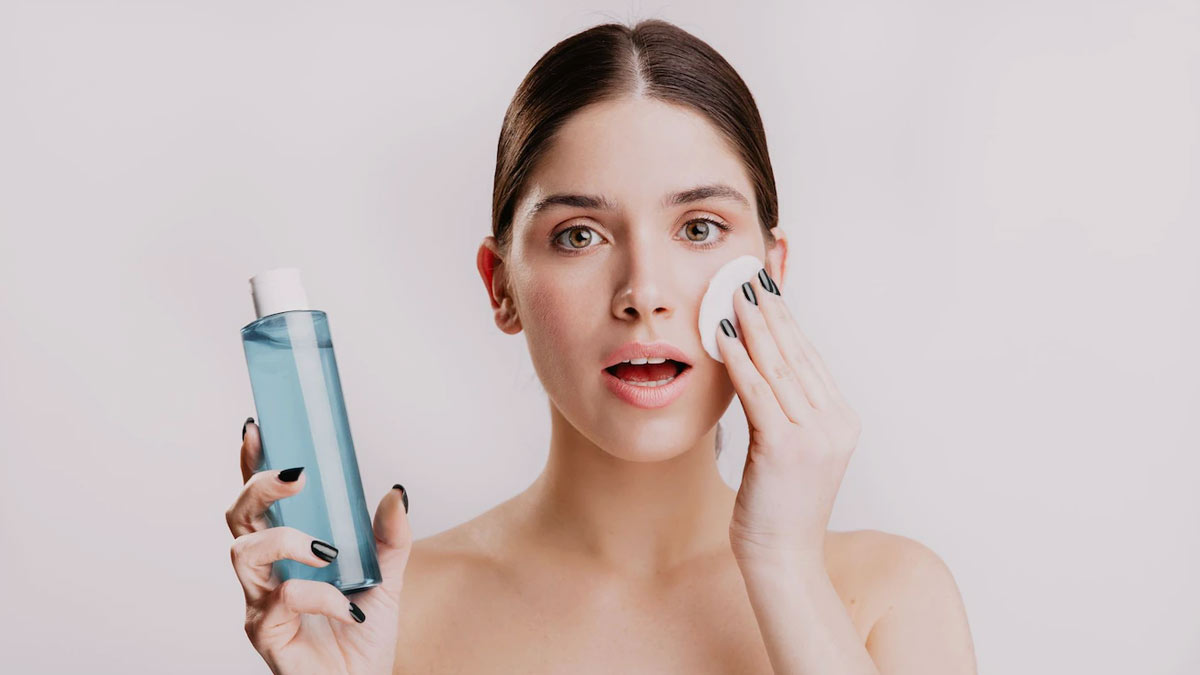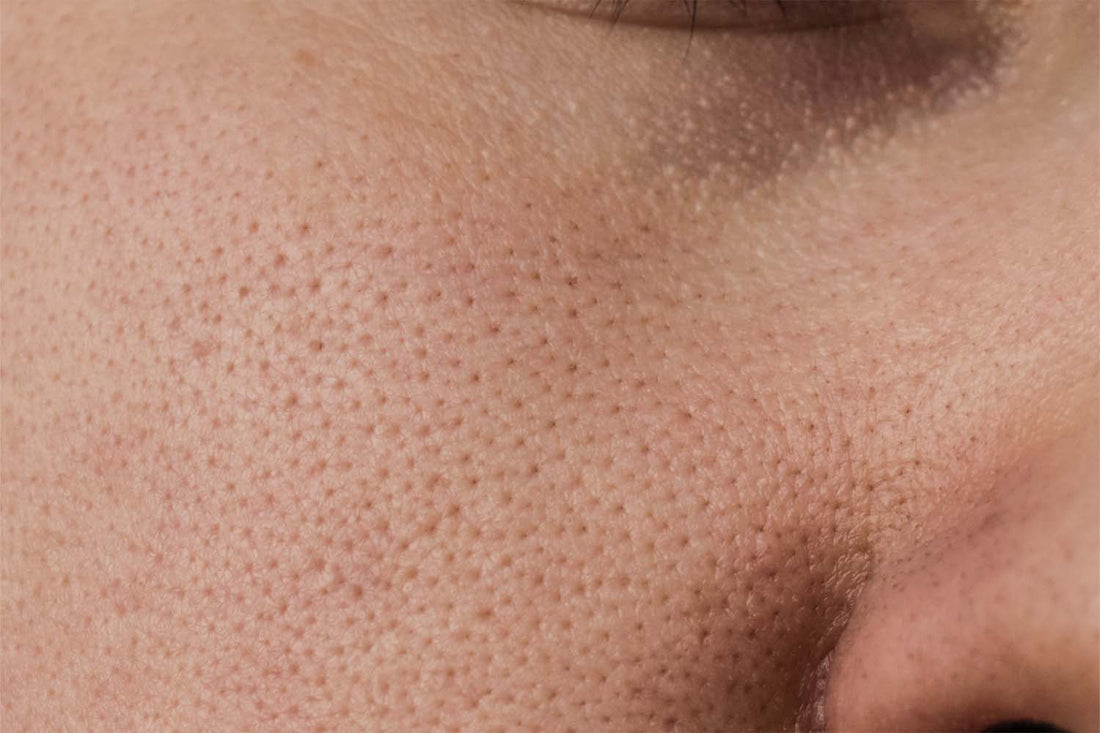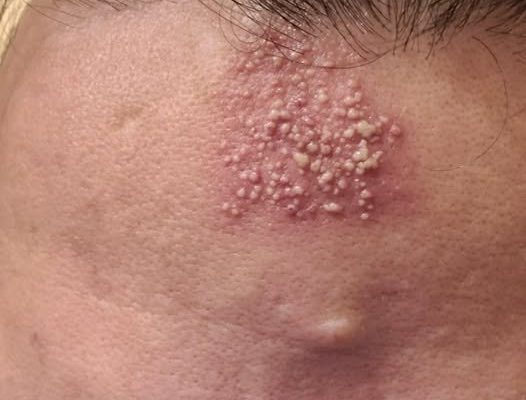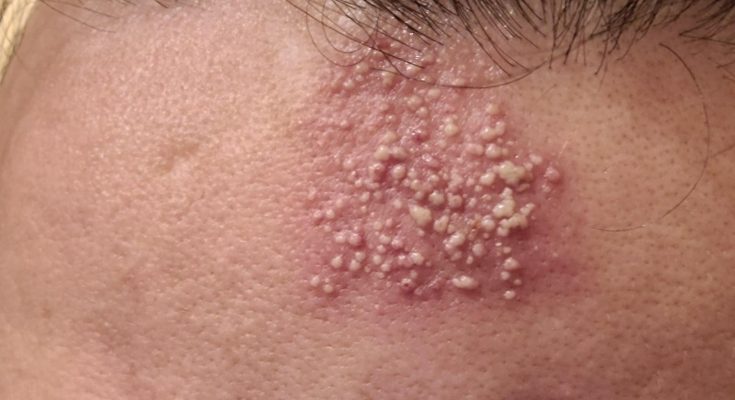The Hidden Perils of Sleeping in Your Makeup: A Comprehensive Guide
We all lead busy lives. Sometimes, the allure of collapsing into bed after a long day outweighs everything else – even the seemingly minor task of removing our makeup. But is skipping this nightly ritual truly harmless? The answer, unequivocally, is no. This comprehensive guide delves into the surprising and often severe consequences of sleeping with your makeup on, exploring the science behind the damage and offering practical solutions for a healthier skincare routine.
The Unseen Damage: How Makeup Affects Your Skin and Eyes
Clogged Pores and Acne: The Foundation of the Problem
Leaving makeup on overnight transforms your face into a breeding ground for bacteria. Foundation, concealer, blush – all those products designed for lasting wear – trap dirt, oil, and sweat against your skin. This prevents your skin from its essential nightly repair process, leading to clogged pores and the inevitable breakout. The American Academy of Dermatology highlights this as a leading cause of acne and long-term skin issues. Think of it this way: your skin works tirelessly while you sleep, but makeup creates a barrier, hindering this vital restorative process.
Accelerated Aging: The Ticking Clock

The combination of makeup residue and daily pollutants creates a potent cocktail of free radicals. These unstable molecules attack collagen, the protein responsible for maintaining your skin’s youthful firmness and elasticity. The result? Premature wrinkles, fine lines, and a dull, lackluster complexion. Research in Free Radical Biology and Medicine underscores the link between chronic pollution exposure and accelerated skin aging via oxidative stress. Sleeping in your makeup significantly contributes to this damaging process.
Eye Infections and Irreversible Damage: A Serious Threat
The risks extend beyond the surface. Waterproof mascara and eyeliner, notoriously difficult to remove, pose a serious threat to your eye health. Particles can migrate into your eyes, increasing the risk of:

- Conjunctivitis (Pink Eye): An inflammation of the conjunctiva, causing redness, itching, and discharge.
- Styes: Painful, pus-filled lumps on the eyelid.
- Irritation and Redness: Leading to discomfort and potential long-term issues.
- Ingrown Lashes: Caused by irritation and inflammation around the lash follicles.
- Allergic Reactions: Triggered by makeup ingredients lingering on the eyelids.
A shocking case study highlights the severity: a 50-year-old woman suffered from chronic eye discomfort, later discovered to be caused by years of accumulated mascara concretions embedded under her eyelids. This underscores the potential for permanent vision loss if this simple preventative measure is neglected.
Brittle Lashes and Hair Loss: The Mascara Menace
Mascara, while designed to enhance lashes, can ironically lead to their demise when left on overnight. The stiffening effect of the product, particularly waterproof formulas, dries out your lashes, making them brittle and prone to breakage. This can lead to thinning eyelashes and even hair loss along the lash line. The longer you leave it on, the greater the cumulative damage.

Dull and Irritated Skin: The Mask of Neglect
Makeup obstructs your skin’s natural shedding process of dead cells, leading to a buildup of debris. This results in a dull complexion and irritated skin, potentially exacerbating existing conditions such as rosacea, eczema, or dermatitis. The trapped particles further contribute to inflammation and overall skin health deterioration.
The Dermatologist’s Prescription: A Simple Solution
The good news? Preventing these detrimental effects is incredibly straightforward. Dermatologists universally recommend a thorough cleansing routine before bed:

Double Cleansing: The Key to Clean Skin
Start with a gentle makeup remover – cleansing oils or micellar waters are excellent choices – to break down makeup effectively. Follow this with a water-based cleanser to remove any remaining residue. This “double cleanse” ensures complete removal of both oil-based and water-based impurities.
Gentle Eye Care: A Delicate Approach

Eye makeup requires extra care. Use a dedicated eye makeup remover or micellar water, gently pressing a cotton pad against your lashes for a few seconds before wiping. Avoid harsh rubbing, which can damage delicate skin and eyelashes.
Convenience is Key: Makeup Removal at Your Fingertips
Keep makeup remover wipes or micellar water on your nightstand for those inevitably tired nights. Even a partial cleanse is significantly better than none at all.

Nighttime Nourishment: Replenishing Your Skin
After cleansing, apply a moisturizer suited to your skin type. Nighttime is your skin’s prime time for regeneration; nourishing it with serums or creams helps repair and protect it from the day’s environmental damage.
Addressing the Psychological Hurdles
Many understand the risks but still succumb to the lure of immediate sleep. Fatigue, forgetfulness, or a simple underestimation of the consequences often lead to this regrettable habit. A 2013 Simple skincare survey revealed that almost 30% of women admitted to skipping makeup removal at least twice a week. While an occasional lapse may be inconsequential, consistency is key.
Debunking Common Myths
- “It’s just one night, it won’t hurt.” Even a single night can trigger breakouts, irritation, or eye discomfort, especially for sensitive skin.
- “Natural makeup is safer to sleep in.” Even organic makeup requires removal to prevent pore clogging and irritation.
- “I use setting spray, so it’s still clean.” Setting spray doesn’t negate the need for removal; it merely keeps makeup in place, but does not prevent the accumulation of pollutants, bacteria, and oils.
Conclusion: Prioritize Your Skin’s Health
The message is clear: remove your makeup before bed. It’s a small investment of time with significant long-term benefits. Make it a non-negotiable part of your nightly routine; your skin and eyes will thank you for years to come.




